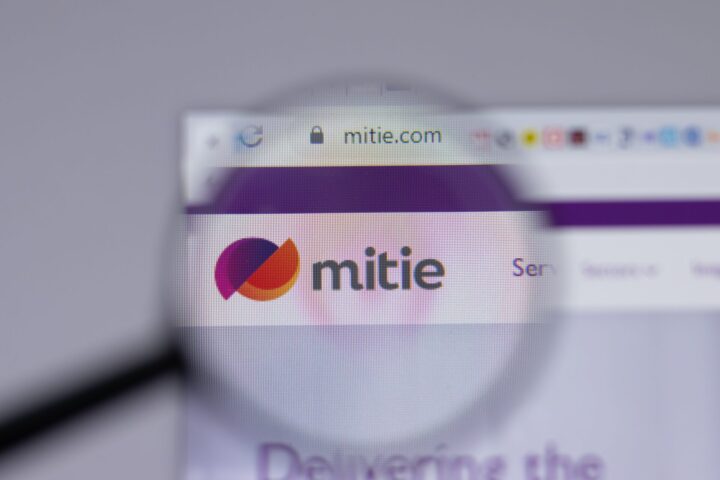Rapid Global has released research showing a gap between managers and frontline workers on the adoption of artificial intelligence (AI) and digital systems for workplace safety.
The survey found over a third (36%) of managers said AI will reduce safety risks, compared to just 16% of workers.
While 47% of managers said their business is ready to use AI in safety processes, only 16% of workers agreed.
32% of managers reported that AI is already in use, but only 8% of frontline staff said they had seen it in practice.
68% of managers said a central safety system would make compliance easier, but 24% of workers said their organisations still rely on paper for inductions, sign-ins and incident reporting.
29% of workers said old habits are slowing new technology adoption.
Additionally, 33% of workers said they want more education on how AI could improve safety, while 24% said they do not fully understand its role.
30% of managers admitted to fast-tracking safety training, compared to 12% of workers.
42% of managers want to consolidate safety systems, but 19% of workers and 15% of managers still use paper-based incident reporting.
Timely incident reporting was seen as a challenge by 38% of managers and 24% of workers.
Safety processes caused anxiety for 22% of workers, with this figure rising to 37% among 25–34 year olds, compared to 19% of over-55s, and 25% of women compared to 21% of men.
Paul Rapuano, global strategic partnerships manager at Rapid Global, said: “The Rapid Global UK Workplace Safety 2025 Report shows that while managers increasingly see automation and AI as vital to reducing workplace risk, strengthening compliance, and driving efficiency, frontline workers remain cautious.
“The opportunity for businesses to get measurable value from practical AI like Computer Vision is very real, but success depends on investing in education so that technology adoption treats workers like active partners.
“This research also shows that UK managers see the need to modernise and consolidate safety systems, but there’s an awareness gap about what truly practical, empowering technology can do.”
Rapuano added: “Businesses that act now to embrace AI-enabled, unified safety platforms will cut risk, protect their people, and strengthen resilience, but only if they bring workers with them.”















